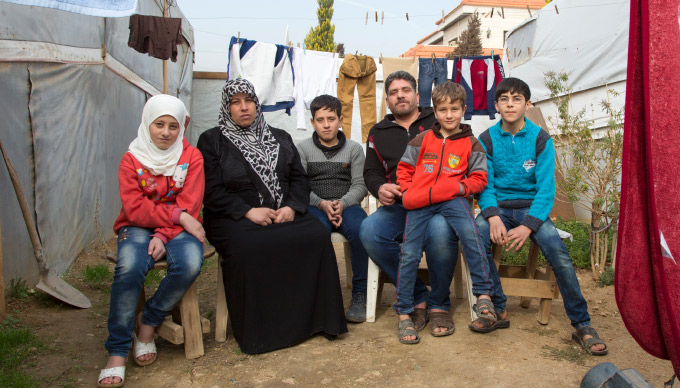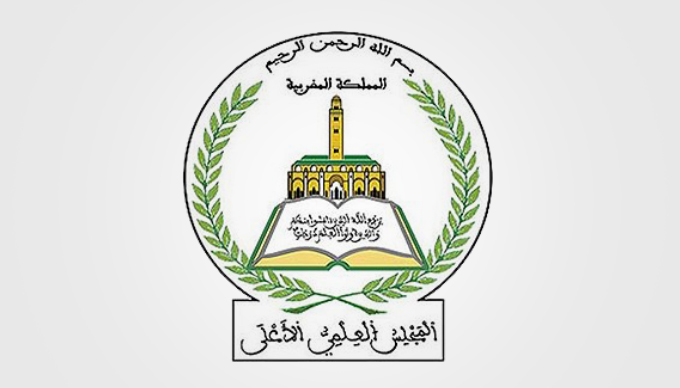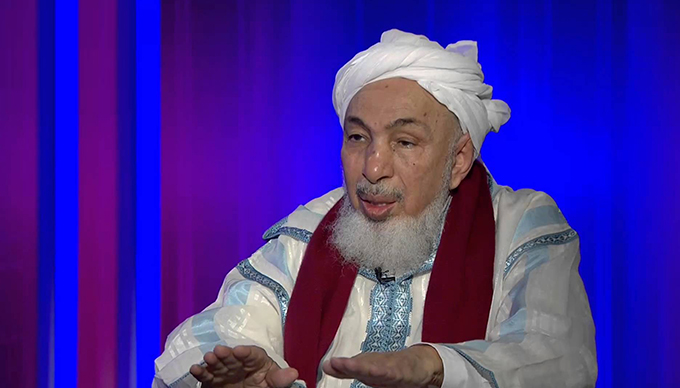"Take from their wealth a charity by which you purify them and cause them to increase."
[Al Tawba:103]
How much Zakat for refugees?
13000 أسرة بحاجة للمساعدة

UNHCR is unique in pledging that 100% of Zakat funds go directly to eligible refugees. Through the UNHCR Zakat initiative, your support for refugees facing hardship is felt immediately by those most in need.
UNHCR is following a 100% Zakat policy. Exceptionally for the Zakat initiative, UNHCR has waived its standard 7% overhead costs, and any other expenses associated with the distribution of Zakat funds are covered by other (non-Zakat) sources of funding. UNHCR publishes quarterly reports about the received and distributed amounts of Zakat funds on this website. UNHCR implements a wide range of humanitarian assistance programmes including provision of shelter, healthcare, education, and cash assistance; the latter has been identified as the best fit for Zakat funds. All Zakat funds received by UNHCR are strictly dedicated to compliant cash assistance programmes, which complements other aid provided by UNHCR.



 The Poor (Al Fuqara')
The Poor (Al Fuqara') Read More
Read More 

 Read more
Read more 





